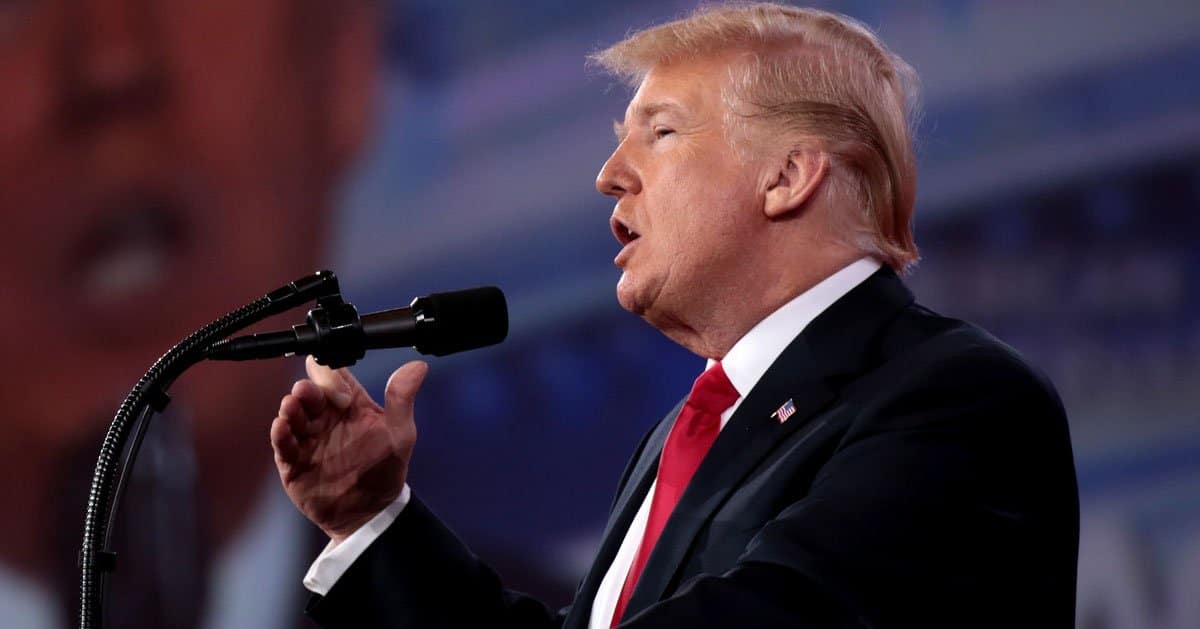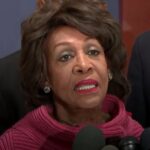






President Trump’s bold stance against narco-terrorism could reshape Venezuela’s future. His administration is weighing military strikes on drug cartels to cripple Nicolás Maduro’s grip on power, a move that’s both strategic and provocative. The MAGA base cheers, but the risks are steep.
On September 2, 2025, a U.S. Navy airstrike obliterated a drug smuggling boat operated by Tren de Aragua, killing all 11 aboard. This action signals a new chapter in America’s fight against Venezuelan cartels, designated as foreign terrorist organizations. It’s a punch to Maduro’s regime, plain and simple.
The Caribbean Sea is now a chessboard, with eight U.S. warships deployed to choke off narcotics trafficking. These cartels aren’t just criminals; they’re propping up Maduro’s narco-state. Trump’s Navy is playing hardball, and it’s about time.
Venezuela’s response? On September 4, 2025, their warplanes buzzed a U.S. Navy ship in a reckless taunt. “I don’t want to talk about that, but if they do put us in a dangerous position, they’ll be shot down,” Trump warned on September 5. His no-nonsense tone cuts through the diplomatic fog.
The Pentagon’s silence on further strikes speaks volumes, but actions don’t lie. Plans to deploy 10 F-35 jets to Puerto Rico hint at a broader campaign, though their exact role remains murky. This isn’t posturing—it’s preparation for a serious fight.
Trump’s team isn’t shy about the endgame. “The preferred course of action is for Maduro to leave on his own, to read the tea leaves,” a source told CNN. Wishful thinking, perhaps, but it’s a polite nudge before the hammer drops.
Maduro’s not just a dictator; he’s a wanted man. The Justice Department slapped a $50 million bounty on him last month for drug trafficking. That’s not pocket change—it’s a signal he’s public enemy number one.
“The Maduro regime is not the legitimate government of Venezuela,” White House press secretary Karoline Leavitt declared last month. She called him a “fugitive head of this cartel,” tying his rule to narco-terrorism. It’s a damning label that justifies Trump’s hardline approach.
Leavitt doubled down: “Trump is prepared to use every element of American power to stop drugs from flooding into our country.” Her words resonate with Americans tired of cartel-fueled chaos. But military strikes? That’s a gamble with global stakes.
Last year’s Venezuelan election was a sham, riddled with fraud that kept Maduro in power. This stolen vote isn’t just a local scandal; it’s a green light for Trump’s crusade. A regime built on lies doesn’t get a free pass.
“We’re not talking about that,” Trump said on September 5, dodging regime-change chatter. “But we are talking about the fact that [Venezuela] had an election, which was a very strange election.” He’s keeping his cards close, but the message is clear: Maduro’s days are numbered.
A White House official told CNN, “If there is an opportunity to kill terrorists, [Trump] will immediately give them the green light.” That’s not diplomacy—it’s a promise of swift justice. Cartels beware: Trump’s trigger finger is itchy.
Strikes inside Venezuela could spark chaos, and the White House knows it. The Pentagon and State Department’s silence suggests they’re weighing the fallout. Warships and jets are one thing; boots on the ground are another.
Maduro’s narco-empire thrives on drugs flooding American streets, and Trump’s had enough. But targeting cartels risks escalating tensions with a desperate regime. It’s a tightrope, and Trump’s walking it with swagger.
The MAGA crowd sees this as long-overdue strength, but cooler heads urge caution. Military action could save lives by crushing cartels—or ignite a firestorm in Latin America. Trump’s betting on the former, and history will judge the outcome.

